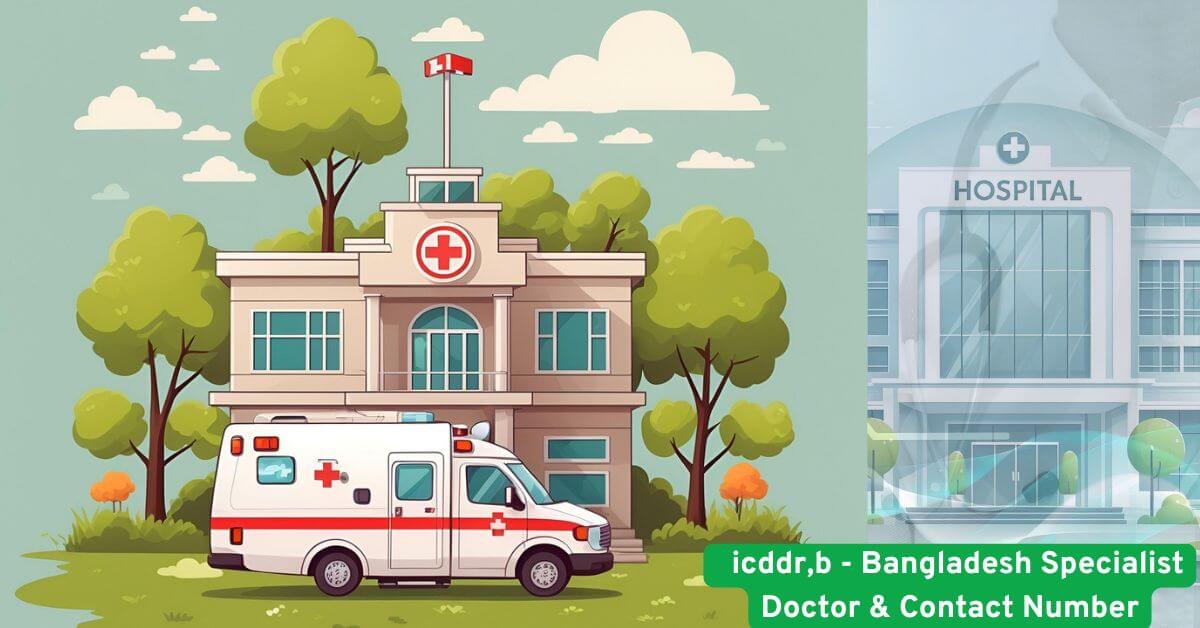icddr,b was founded in Dhaka during the 1960s as the South-East Asia Treaty Organisation (SEATO) Cholera Research Laboratory. Early on, it gained global recognition for its research on diarrhoeal diseases. One of its most significant achievements was helping develop and promote oral rehydration solution (ORS), a simple treatment that has saved tens of millions of lives worldwide.
In the 1960s, the centre set up a large health and demographic surveillance site in Matlab, Chandpur district. This site is now the longest-running of its kind in the global South and serves as a model for similar projects worldwide. In 1962, the centre opened Dhaka Hospital to treat patients, especially children suffering from severe diarrhoea. The hospital remains a crucial treatment and research facility today, with clinical services also available at Matlab Hospital.
In 1978, the centre was renamed icddr,b and broadened its research to tackle other major health challenges, including malnutrition, respiratory diseases, and maternal and child health. Working closely with the Bangladesh government, icddr,b has helped shape national health policies and improved health outcomes.
icddr,b later gained international status in 1979 and gained international fame for research on other diarrheal diseases besides cholera.
The centre has received prestigious awards such as the 2001 Gates Award for Global Health and Bangladesh’s Independence Day Award in 2005. It also provides extensive training for public health professionals across the global South and supports international humanitarian efforts to control infectious diseases.
ICDDR,B is located in Mohakhali, Dhaka.
There is also a hospital here, which provides free medical services to patients suffering from diarrhea and other diarrheal diseases.
Mohakhali Center Contact Number :
68, Shaheed Tajuddin Ahmed Sarani
Mohakhali, Dhaka 1212, Bangladesh
Phone: +880 (0)2-2222-77001 to 10
PABX: 16340 (direct)
For a Doctor’s Appointment :
The most effective way to get information about a specific doctor or to book a consultation is to contact their hospital or relevant department directly. Here are the key contact details for appointments:
icddr,b Dhaka Hospital (Cholera Hospital): This is the main hospital facility. For appointments and doctor-related inquiries, it’s best to call their general line and ask for the specific department you need.
Phone: +880-2-222277001-10
Travellers’ Clinic: This clinic provides consultations and vaccinations, particularly for those traveling. They have qualified doctors trained in gastroenterology and hepatology.
Phone: +8802 2222 77058, +8801713 288 070
Email: travelers.clinic@icddrb.org
Diagnostic Centers: For diagnostic tests and related consultations.
Mohakhali Centre: (+88 02) 222277038, 222277138
Dhanmondi Centre: +8801701226238
Uttara Centre: +8801701226230
The International Centre for Diarrhoeal Disease Research, Bangladesh (icddr,b)
is one of the world’s foremost global health research institutions, located in Mohakhali, Dhaka.
For more than six decades, it has played a transformative role in improving health outcomes, particularly in low- and middle-income countries.
Its pioneering contributions in public health, biomedical science, and clinical care have earned international recognition and significantly shaped global health policy.
From its early beginnings, icddr,b established itself as a cornerstone of scientific innovation, developing groundbreaking solutions to combat diarrhoeal diseases and other major public health challenges.
Pioneering Discoveries :
Among its most notable achievements is the development and global adoption of Oral Rehydration Solution (ORS) — a simple yet life-saving therapy that drastically reduced deaths from dehydration caused by diarrhoea.
This revolutionary discovery transformed global child survival strategies and remains one of the most effective, affordable medical interventions in history.
Expanding the Horizon :
Beyond diarrhoeal disease research, icddr,b has broadened its focus to include:
Nutrition and maternal health
Child health and infectious diseases
Environmental health and vaccine development
Its multidisciplinary teams conduct cutting-edge research that informs public health programs and shapes national and international policy.
Centres of Excellence :
The organisation’s long-term health and demographic surveillance site in Matlab, Chandpur, provides invaluable longitudinal data, guiding evidence-based health interventions worldwide.
icddr,b also operates hospitals in Dhaka and Matlab, offering free treatment to thousands of patients each year.
The Dhaka Hospital, often called the “hospital of humanity,” serves as both a research hub and a lifesaving centre for those suffering from severe diarrhoeal and other communicable diseases.
Additionally, the institution runs a Travellers’ Clinic and diagnostic centres across Dhaka, providing specialized care, preventive services, and vaccinations.
Collaboration and Global Impact :
Collaboration is central to icddr,b’s mission.
Working alongside the Government of Bangladesh, WHO, UNICEF, and numerous international research organizations, the centre continues to address pressing health challenges through innovation and evidence-based policy.
Its strong commitment to training and capacity building has empowered thousands of health professionals across the Global South, strengthening public health systems around the world.
Recognition and Legacy :
Over the years, icddr,b has received numerous prestigious awards, including the Gates Award for Global Health and the Independence Day Award of Bangladesh, honouring its exceptional contributions to science and humanitarian service.
Today, icddr,b stands as a beacon of hope — driving progress toward a healthier, more equitable world through research, service, and education.

